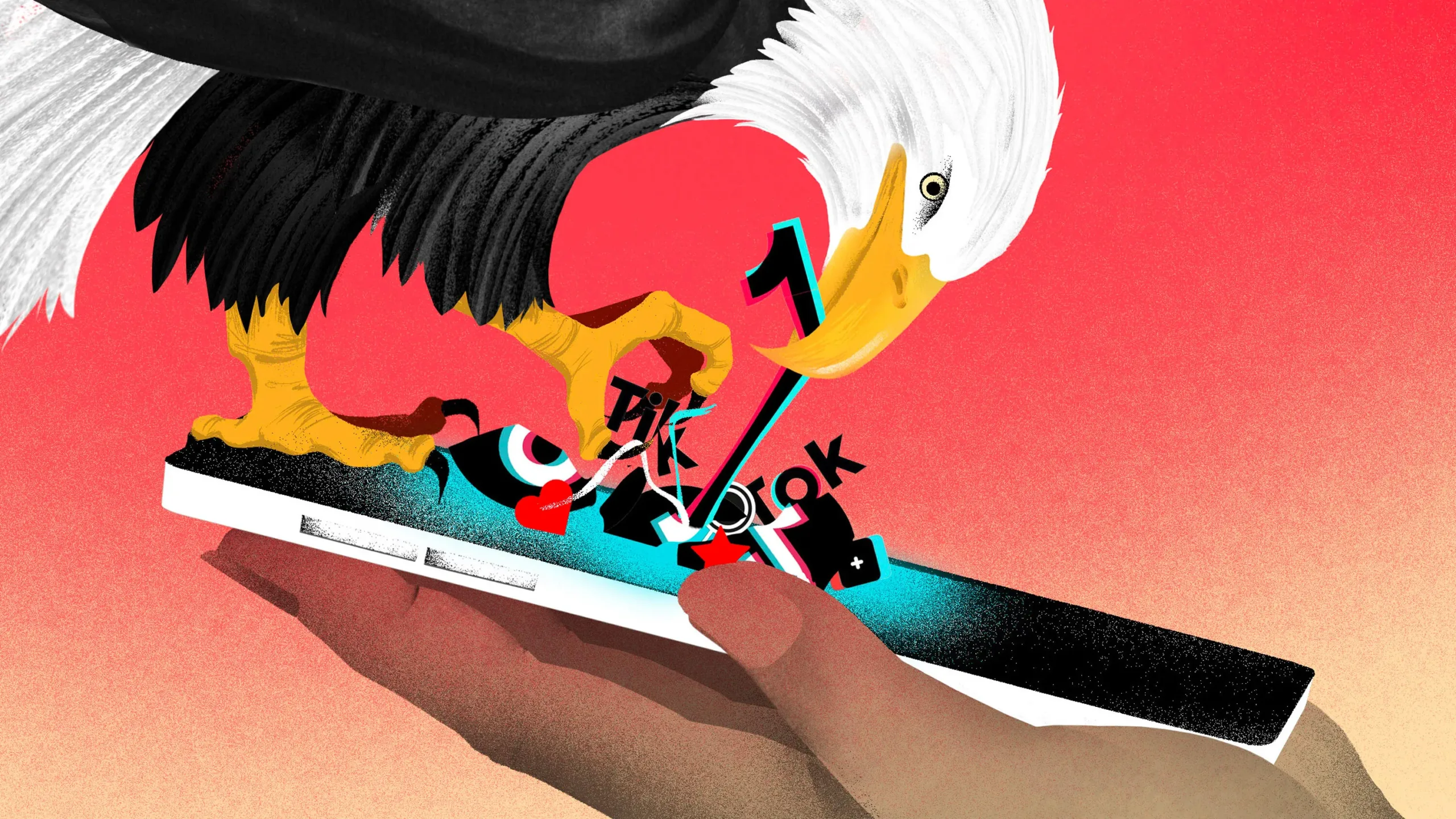
In today’s interconnected world, social media platforms serve as the frontline for information dissemination, activism, and global communication. However, as these platforms have grown, controversies surrounding their moderation policies and the extent to which they enable or restrict freedom of expression have also increased. Two of the most contentious issues recently are the ongoing debates about Telegram’s role in spreading controversial content and the U.S. government’s handling of information related to the Gaza conflict on TikTok. These cases highlight the complex and often contradictory nature of social media censorship in the modern age.
Telegram: A Double-Edged Sword
Telegram has positioned itself as a bastion of free speech in the era of increasingly strict content moderation on platforms like Facebook, Twitter, and YouTube. Its encryption, decentralized structure, and commitment to privacy have made it a preferred platform for activists, dissidents, and those wary of government surveillance. However, these same features have also made Telegram a haven for less savory elements, including extremist groups, conspiracy theorists, and those seeking to spread misinformation.
The controversy surrounding Telegram revolves around its hands-off approach to content moderation. While this policy is in line with the platform’s dedication to privacy and free speech, it has also sparked accusations that Telegram is facilitating the dissemination of harmful content. Governments worldwide have urged Telegram to play a more proactive role in regulating its platform, but the company has mostly pushed back, stating that such measures would compromise its fundamental principles.
The resistance from Telegram has resulted in clashes with various governments. In Germany, the platform has been fined for not removing illegal content, and there are calls in other countries to ban the app entirely. This case emphasizes the challenging balance between protecting freedom of expression and preventing the spread of harmful content—a balance that many platforms struggle to maintain.
TikTok and U.S. Censorship
In contrast to Telegram’s laissez-faire approach, TikTok has been embroiled in a different kind of censorship controversy — one that involves the U.S. government’s influence over the platform’s content moderation policies. The conflict in Gaza has been a particularly sensitive issue on TikTok, with users posting videos and commentary that have drawn widespread attention. However, there have been allegations that the U.S. government has exerted pressure on TikTok to censor content related to the conflict, particularly content that portrays Israel in a negative light or is sympathetic to the Palestinian cause.
These allegations are part of a broader concern about how TikTok, a platform owned by the Chinese company ByteDance, handles politically sensitive content. Critics argue that TikTok’s content moderation practices are opaque and potentially influenced by both U.S. and Chinese government interests. This dual pressure creates a complex environment where certain narratives may be suppressed, while others are amplified, depending on the geopolitical context.
The situation has led to accusations of censorship from activists and users who feel that TikTok is selectively removing content that doesn’t align with U.S. government interests. This has sparked a wider debate about the role of government in influencing social media platforms, and whether such influence constitutes a form of censorship that undermines free speech.
The Broader Implications
The controversies surrounding Telegram and TikTok are indicative of the broader challenges facing social media platforms today. As these platforms become increasingly central to global communication, they also become battlegrounds for competing interests — whether those are the interests of governments, corporations, or individual users.
On one hand, there is a legitimate need for content moderation to prevent the spread of harmful, illegal, or dangerous content. On the other hand, there is a growing concern that such moderation can easily slip into censorship, particularly when influenced by powerful government or corporate interests.
The cases of Telegram and TikTok show that there is no one-size-fits-all solution to these challenges. Telegram’s approach has been to resist moderation, which has led to criticism that it enables harmful content. TikTok, meanwhile, has been accused of over-moderating, particularly when it comes to politically sensitive issues, leading to concerns about censorship.
As social media continues to evolve, so too will the debates around censorship and content moderation. Platforms like Telegram and TikTok are at the forefront of these debates, each grappling with the pressures and responsibilities that come with being a global communication tool. The controversies surrounding these platforms highlight the complex interplay between free speech, censorship, and the role of governments in the digital age.
Moving forward, it will be crucial for both social media companies and governments to find a balance that protects freedom of expression while also ensuring that these platforms are not used to spread harm. Whether this balance can be achieved remains one of the most pressing questions of our time.




